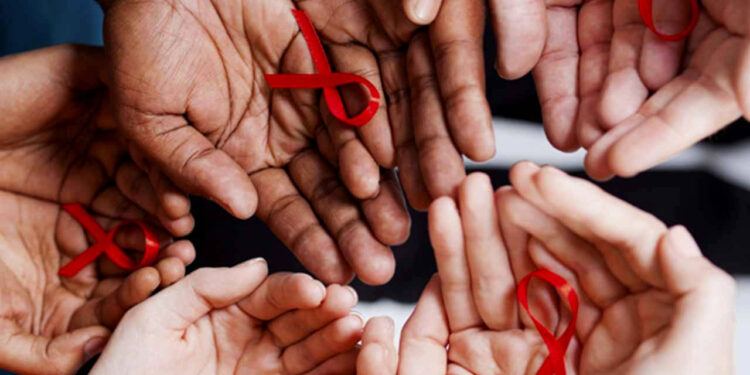In a reversal, Republican senators have agreed to spare PEPFAR, the landmark U.S.-backed global HIV and AIDS initiative, from a proposed $400 million cut. The decision follows bipartisan pushback against slashing a program credited with saving millions of lives, particularly in Africa.
The original plan was part of a broader $9 billion spending cut package that targeted PEPFAR, USAID, and public broadcasting including NPR and PBS. In the Senate amendment, Republicans led by Senate Majority Leader John Thune removed PEPFAR from the list after facing pressure from lawmakers such as Senator Susan Collins of Maine. The revised bill now returns to the House for approval before the Friday deadline. The White House has indicated that President Trump would sign it.
Launched in 2003 by President George W. Bush, PEPFAR has provided antiretroviral treatment to over 25 million people, most of them in Africa. Under Trump, recent cuts to USAID and reduced PEPFAR funding have already triggered HIV clinic shortages in countries like South Africa. Global health experts have warned that further cuts could reverse decades of hard-won progress against AIDS.
Reacting to the Senate’s move, Professor Helen Rees of Wits University in Johannesburg said, “This is very good news. It shows the Senate recognizes PEPFAR’s life-saving role.” Critics, however, noted that the bill still strips humanitarian aid through USAID and slashes public media funding, pointing to Trump’s broader austerity agenda.
The Republican calculus is a delicate one. The party cannot afford many defections if Democrats unite in opposing the bill. Though the Trump administration has scaled back global health investments, PEPFAR remains one of the few initiatives with enduring bipartisan support.




































